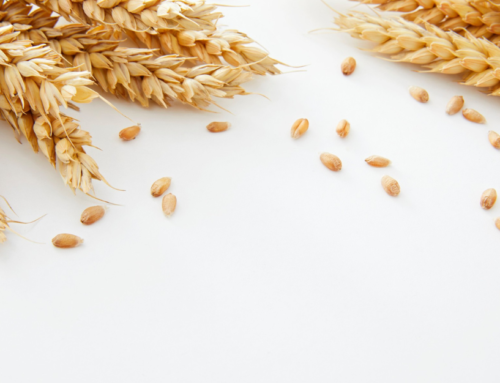You know you need to kick the soda habit, so why not just drink diet soda? It may be tempting, but there are no free rides when it comes to artificial chemicals. Aspartame, sold under the names NutraSweet, Equal, Spoonful, Equal-Measure, and AminoSweet, is in more than 6,000 foods, including diet sodas, and has received more than 10,000 FDA complaints—more than all other food additives combined.
[divider line_type=”Small Line” custom_height=””]
Two-thirds of complaints are for neurological and behavioral reactions with the rest falling mainly to gastrointestinal effects. Since only an estimated 1 percent of the population reports complaints, it’s believed many more people suffer from aspartame reactions.
 Reported symptoms include headaches, mood alterations, hallucinations, seizures, nausea, insomnia, anxiety attacks, vertigo, fatigue, rashes, irritability, heart palpitations, slurred speech, loss of hearing, loss of taste, gastrointestinal distress, and many more.
Reported symptoms include headaches, mood alterations, hallucinations, seizures, nausea, insomnia, anxiety attacks, vertigo, fatigue, rashes, irritability, heart palpitations, slurred speech, loss of hearing, loss of taste, gastrointestinal distress, and many more.
Aspartame linked with neuro symptoms; cancer
The phenylalanine in aspartame increases levels of the brain chemical dopamine, known as the “pleasure-and-reward” neurotransmitter. Over stimulating dopamine can lead to low serotonin and symptoms of depression, and trigger other symptoms such as migraines.
Aspartame contains other chemicals that affect the brain and nervous system. The aspartic acid in aspartame is known to be an excitotoxin, meaning it over stimulates brain cells to the point they die. Excitotoxins also cause a breakdown in communication between neurons and the fibers that connect them, further promoting degeneration of the brain and potential symptoms.
Aspartame also breaks down into byproducts, which are toxic themselves and linked to cancer, particularly lymphomas and leukemias. In one study, rats given the equivalent of four to five bottles of diet soda a day had high rates of these cancers.
Given the popularity of artificially sweetened sodas and other products, the safety of aspartame is controversial. However, if you’re working to improve your health, relieving the toxic burden on your body is an important part of this process, especially given the potential neurological effects. No two brains are alike and it’s impossible to determine how anyone will react to chemicals that affect neurology.
Replacing diet soda addiction with whole foods habit
Many people find diet sodas are addictive and difficult to give up. The truth is, weaning yourself off sweets and artificial stimulating foods takes commitment and effort. The goal is to develop a natural inclination and craving for whole foods It sounds impossible at first, but people who have done it find they crave vegetables, fruits, and healthy meals. They say artificial and processed foods make them feel “icky” compared to the clean, revitalizing feeling you get from a whole foods diet.
Find a refreshing substitute for your diet soda habit, such as sparkling water with some lemon or lime juice. By replacing your diet sodas with real water you hydrate and cleanse your body, which helps reduce cravings. Often cravings for junk food are just a disguise for thirst.
Also, begin adding nutrient-dense whole foods into each meal and create a positive association with these foods. By gradually and repeatedly adding more nutrient dense foods to your diet you will begin to crave them while finding the drug-like artificial foods less appealing. Also make sure you are getting enough vital nutrients such as omega 3 fatty acids, vitamin D3, and minerals.
For more information on developing a whole foods habit, contact my office.





